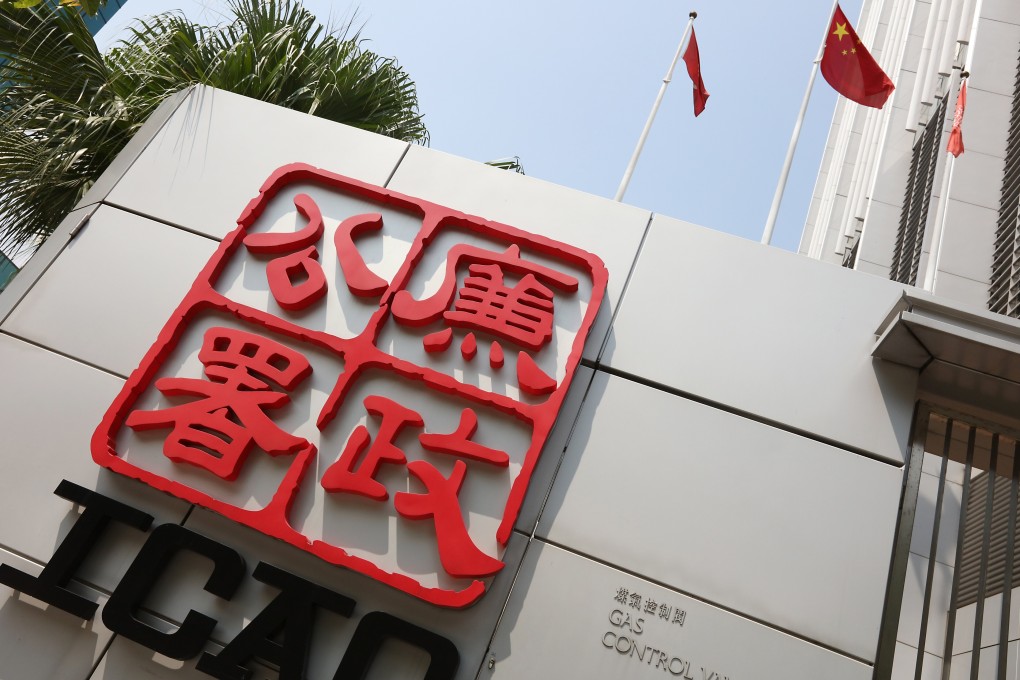Hong Kong police sergeant accused of defrauding force’s credit union to secure loans totalling HK$600,000
- The Independent Commission Against Corruption alleges that the sergeant lied on four loan applications between 2016 and last year
- He is also facing charges for allegedly using an illegal bookmaker to place bets on local horse races

A Hong Kong police sergeant has been charged with fraud over some HK$600,000 (about US$77,400) in loans racked up with the force’s credit union, and for allegedly placing bets with an illegal bookmaker on local horse races.
The Independent Commission Against Corruption on Monday accused Li Hung-fat, 51, of falsely stating to the Hong Kong Police Credit Union that he had no loans with banks or other financial institutions, and that all the information contained on four loan applications filed between June 30, 2016 and June 24 last year was true and complete. In addition to the four fraud charges, he also faces two additional charges relating to the illegal bookie.
The credit union was established in 1982 to promote better financial management among the force’s members, allowing them to save money on a regular basis and earn dividends in return. It also offers officers a variety of loan schemes at relatively low interest rates.
As of December 2019, the union held HK$10.59 billion worth of shareholder capital, with total assets valued at HK$11.56 billion. It has about 45,000 members, including current and retired police officers.
Li joined the force a constable in 1988, and became a member of the credit union the same year. He was promoted to sergeant in 2008, according to the ICAC.
He was alleged to have induced the union with intent to defraud it into granting four loans totalling about HK$600,000, the graft-buster said.